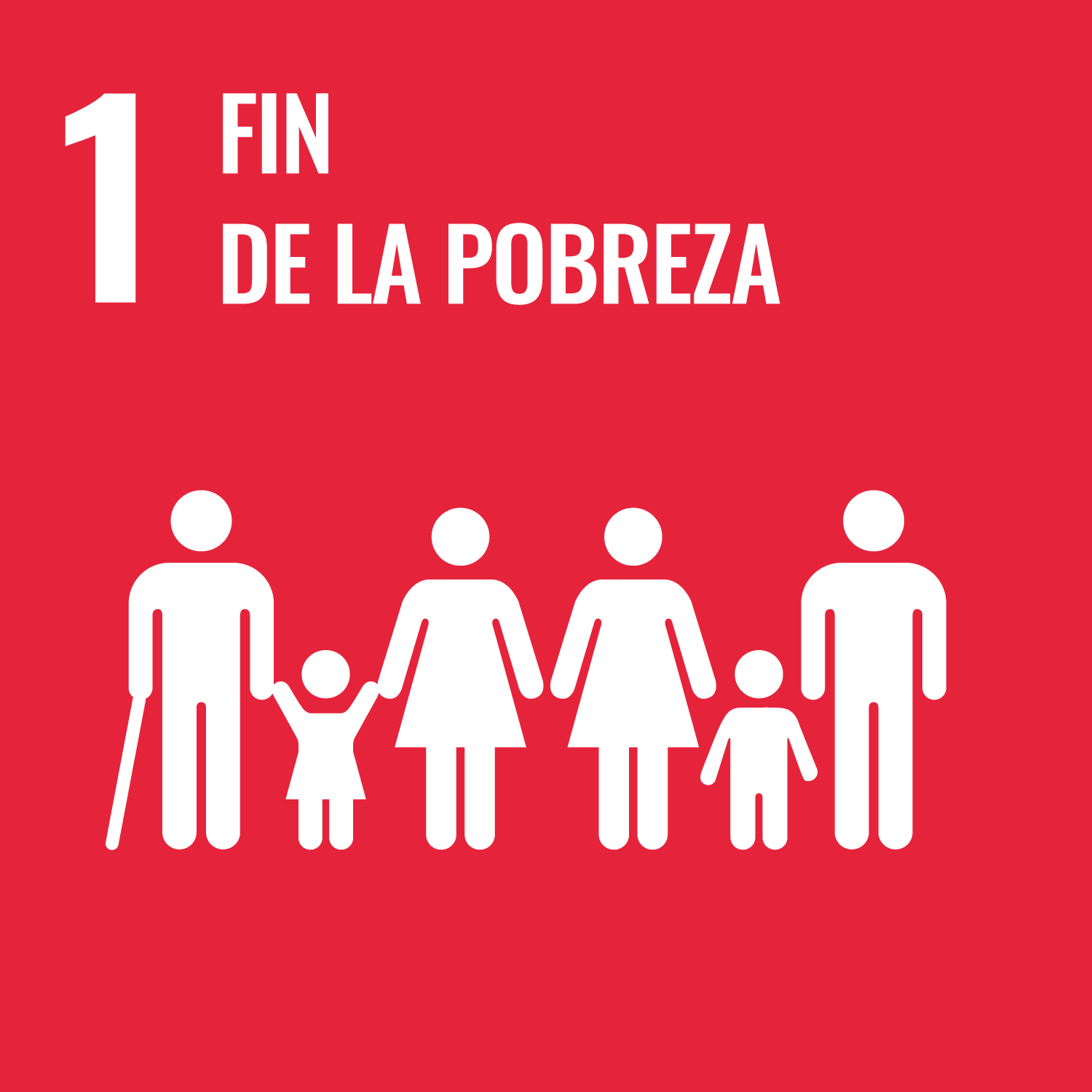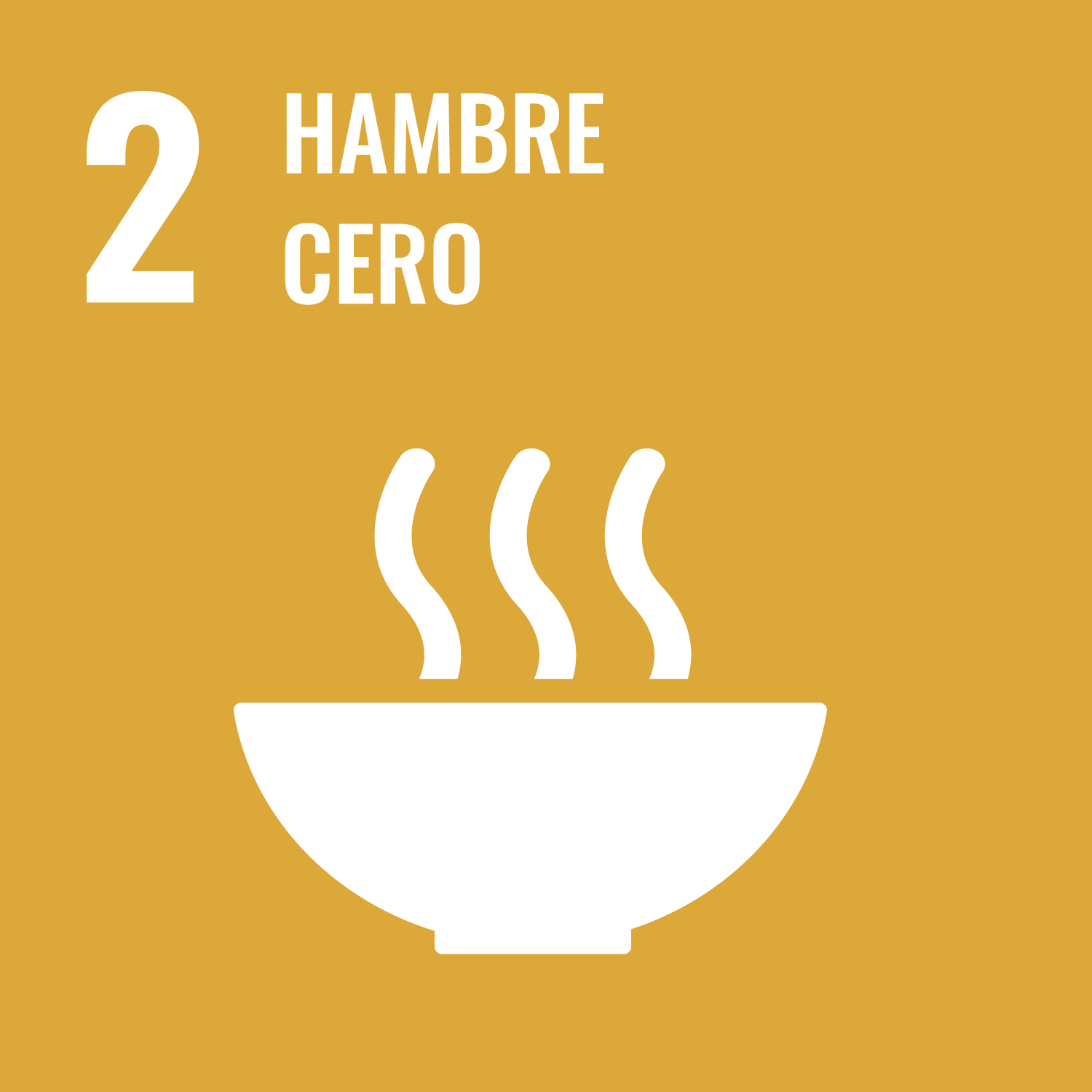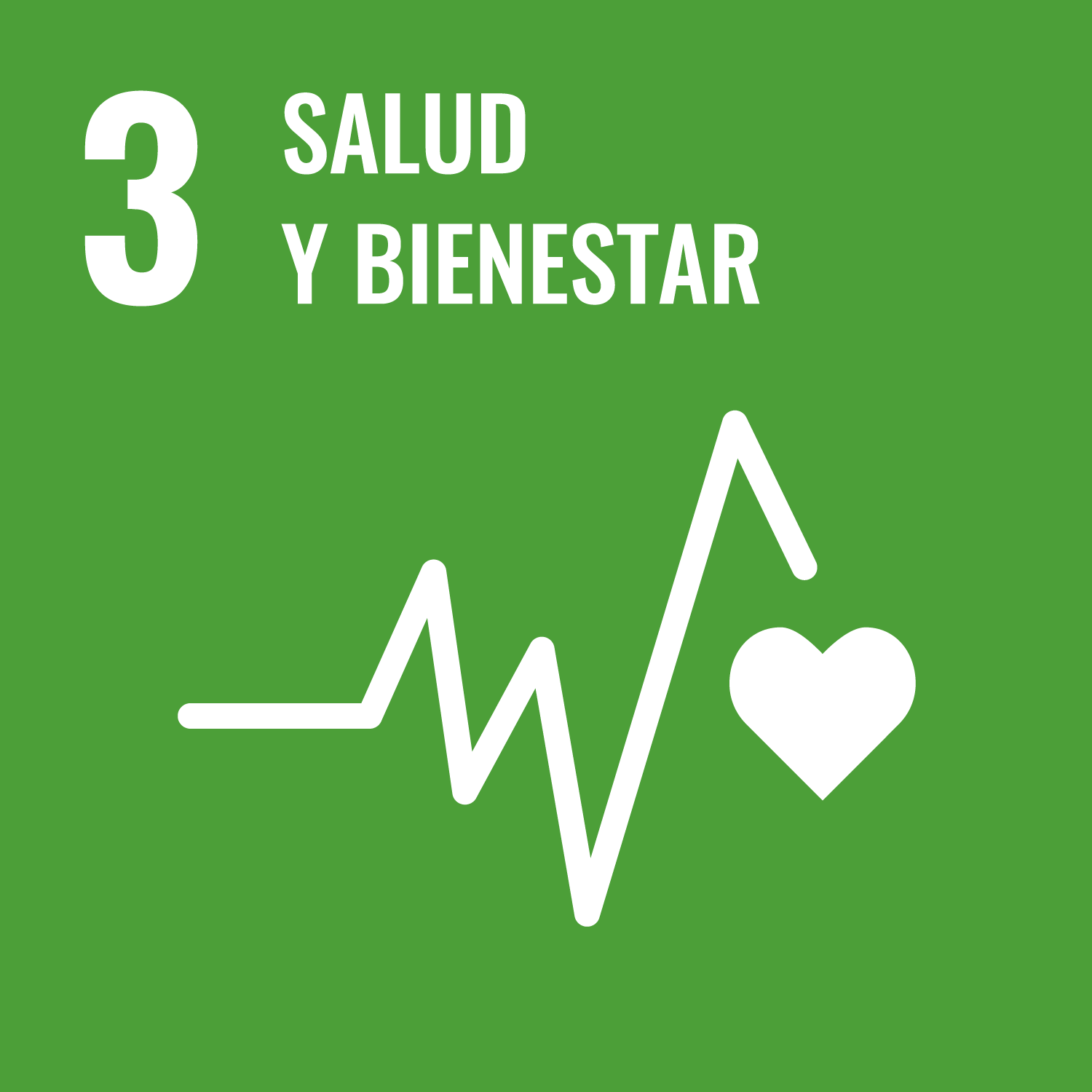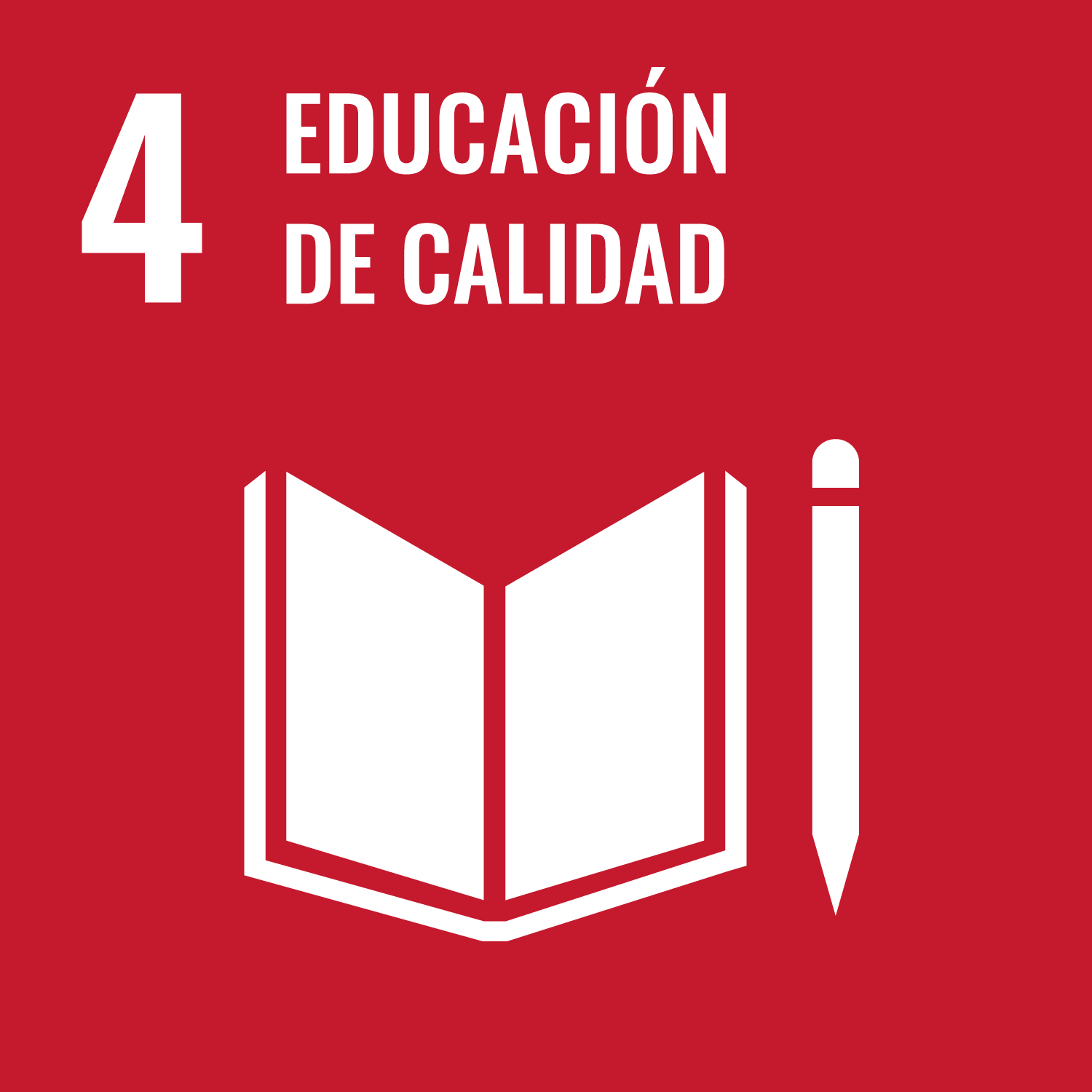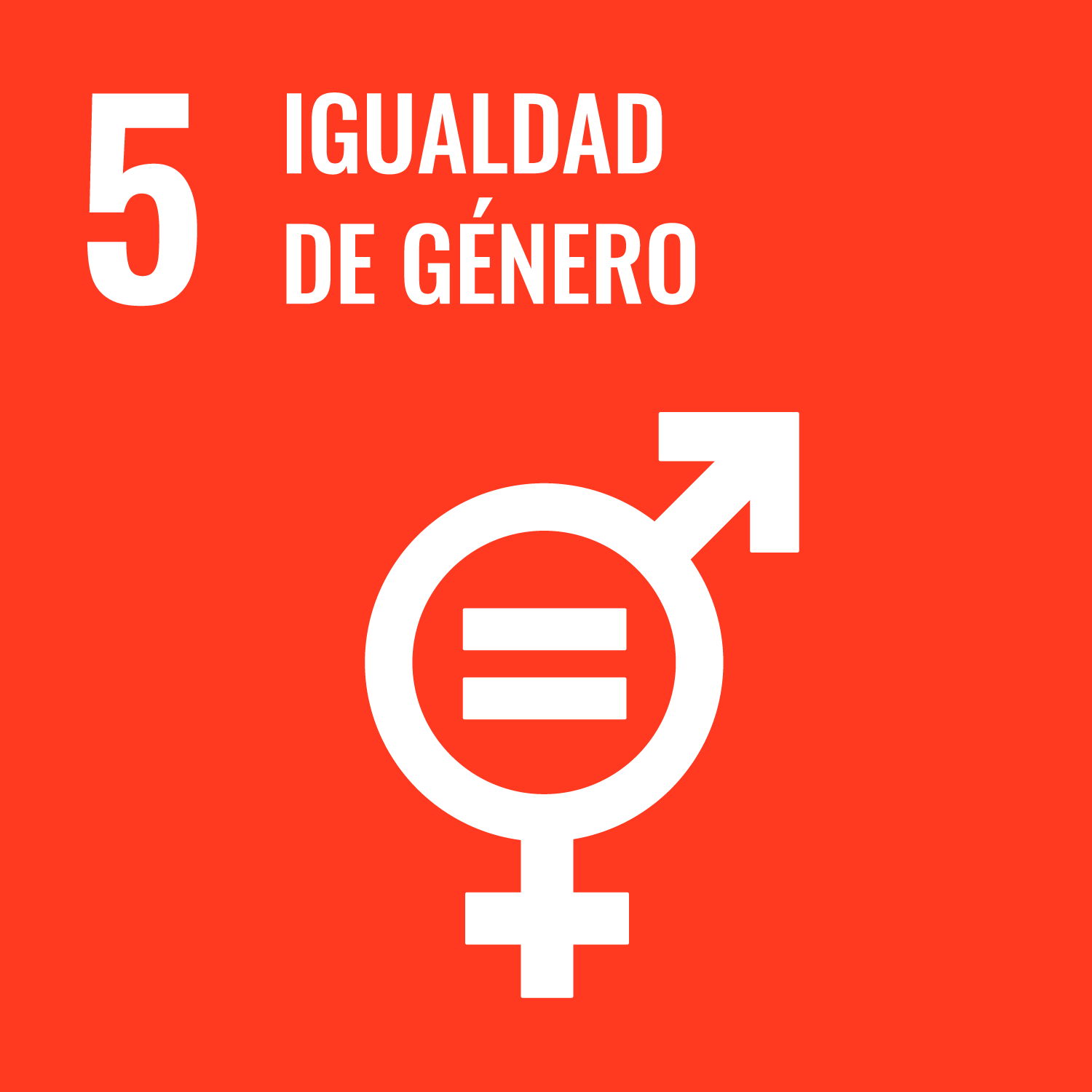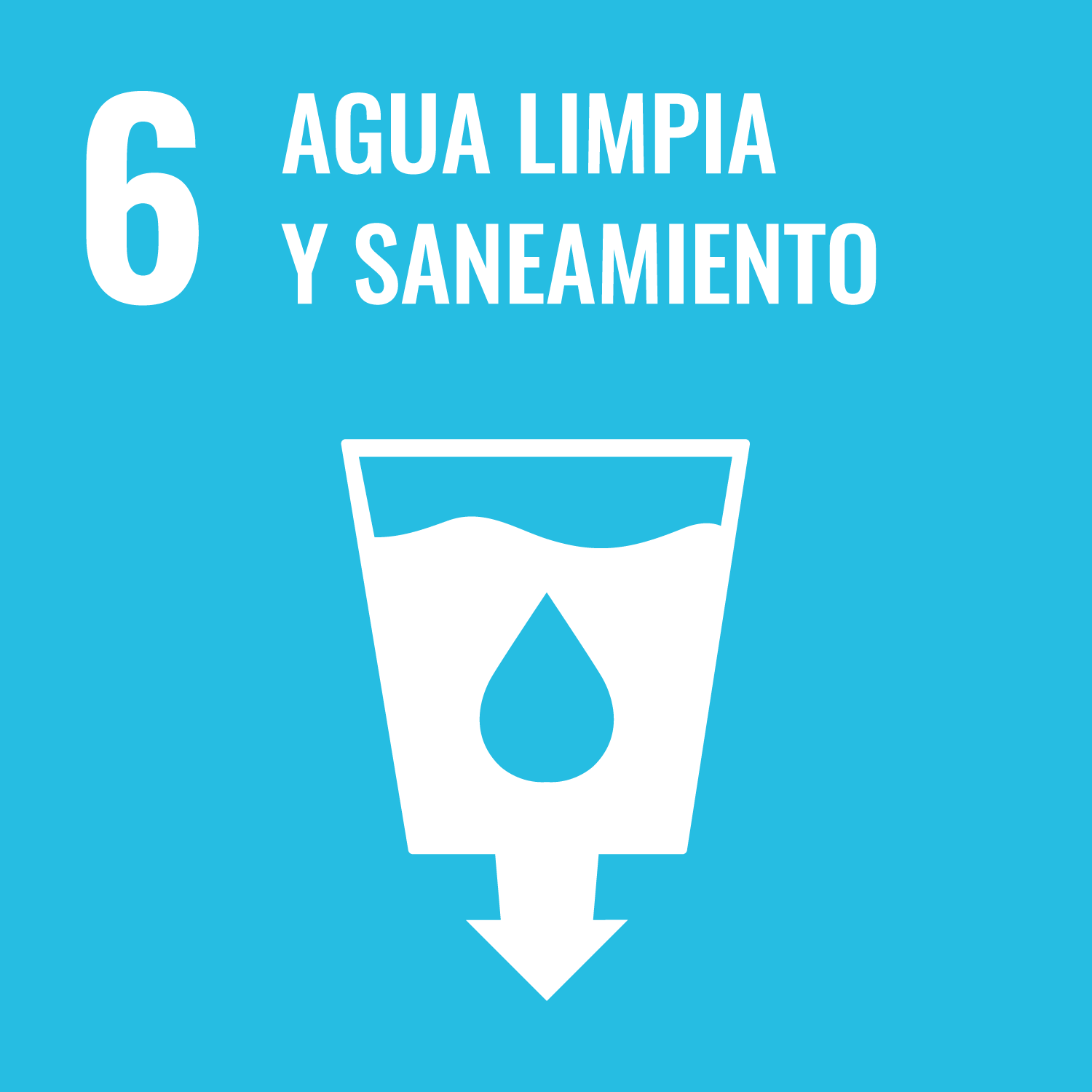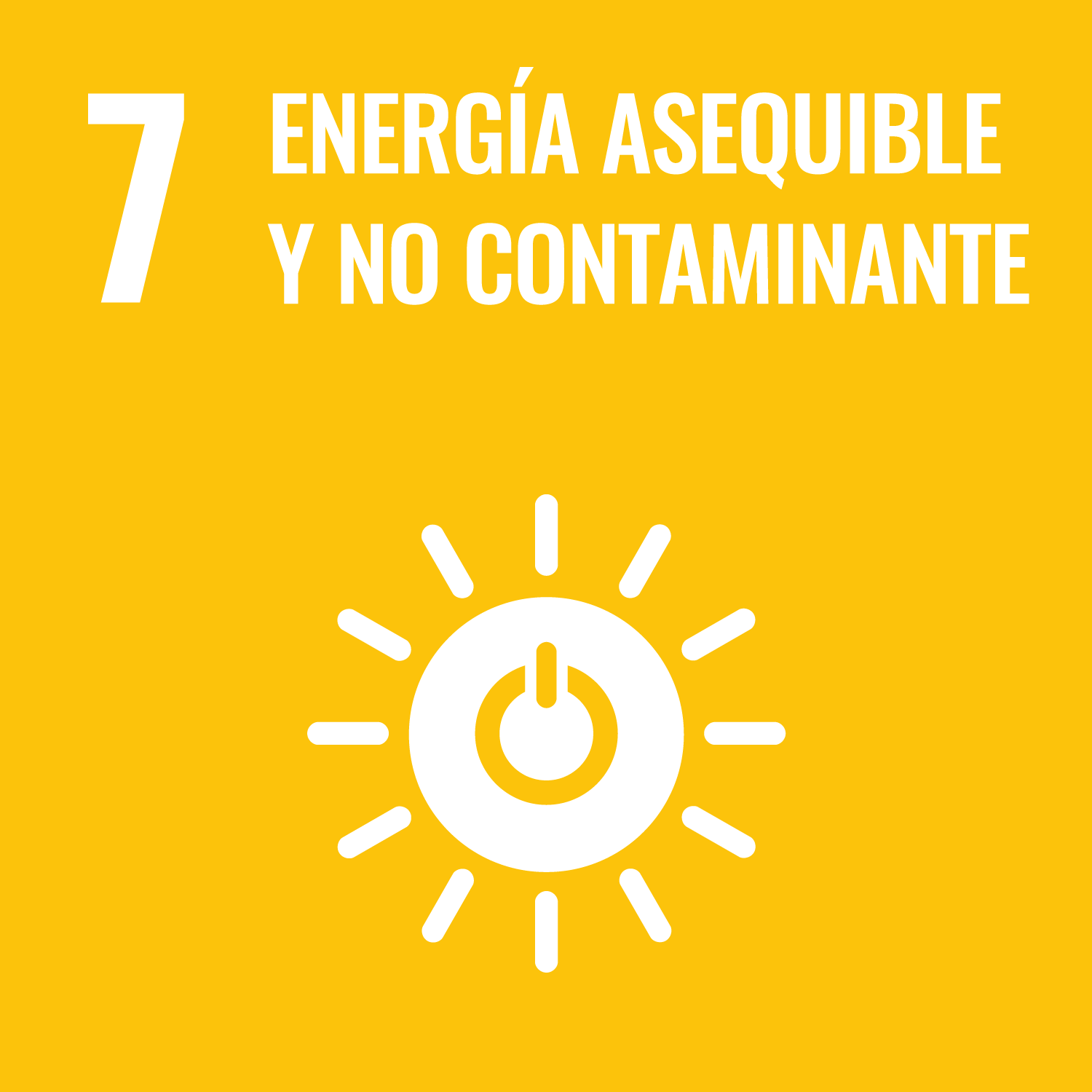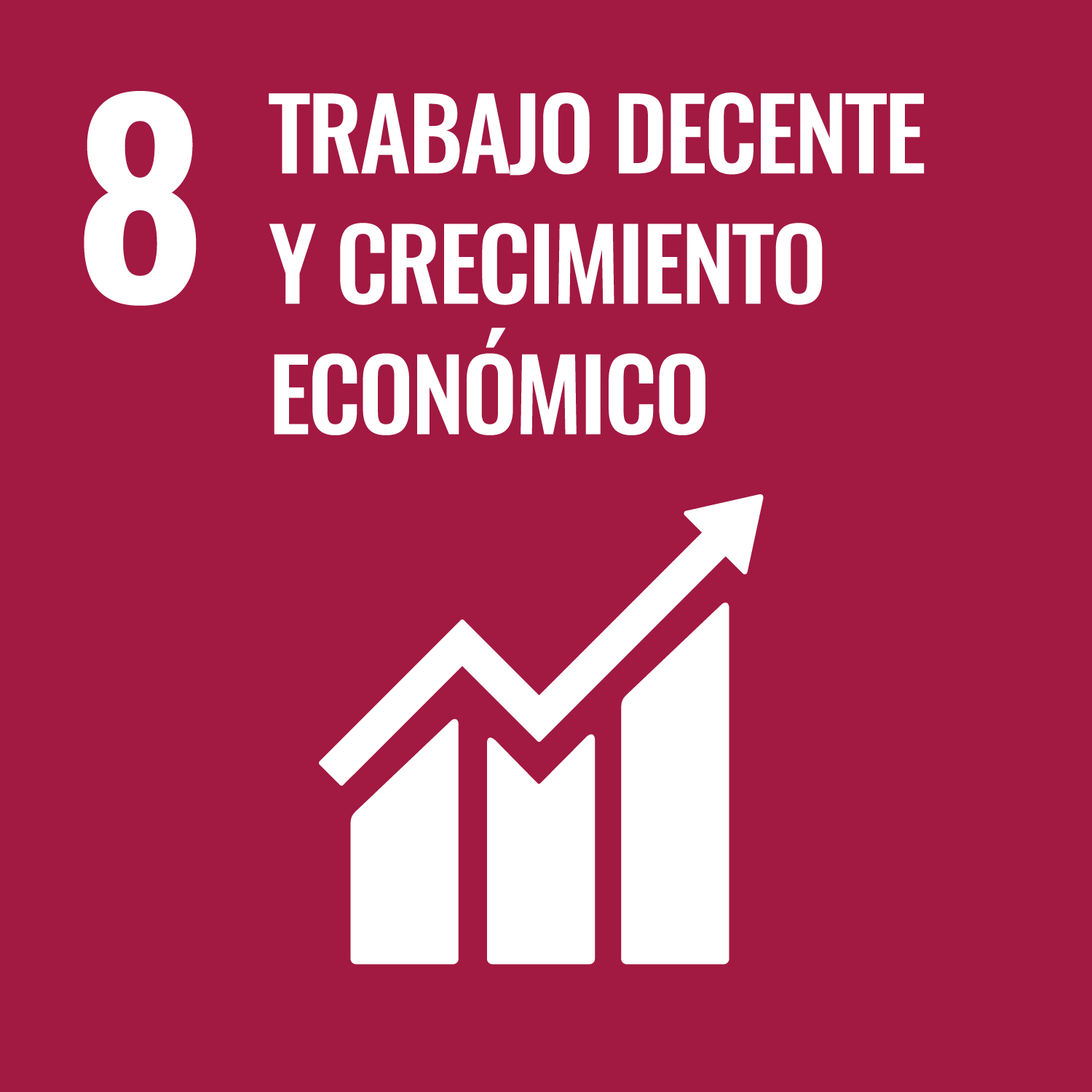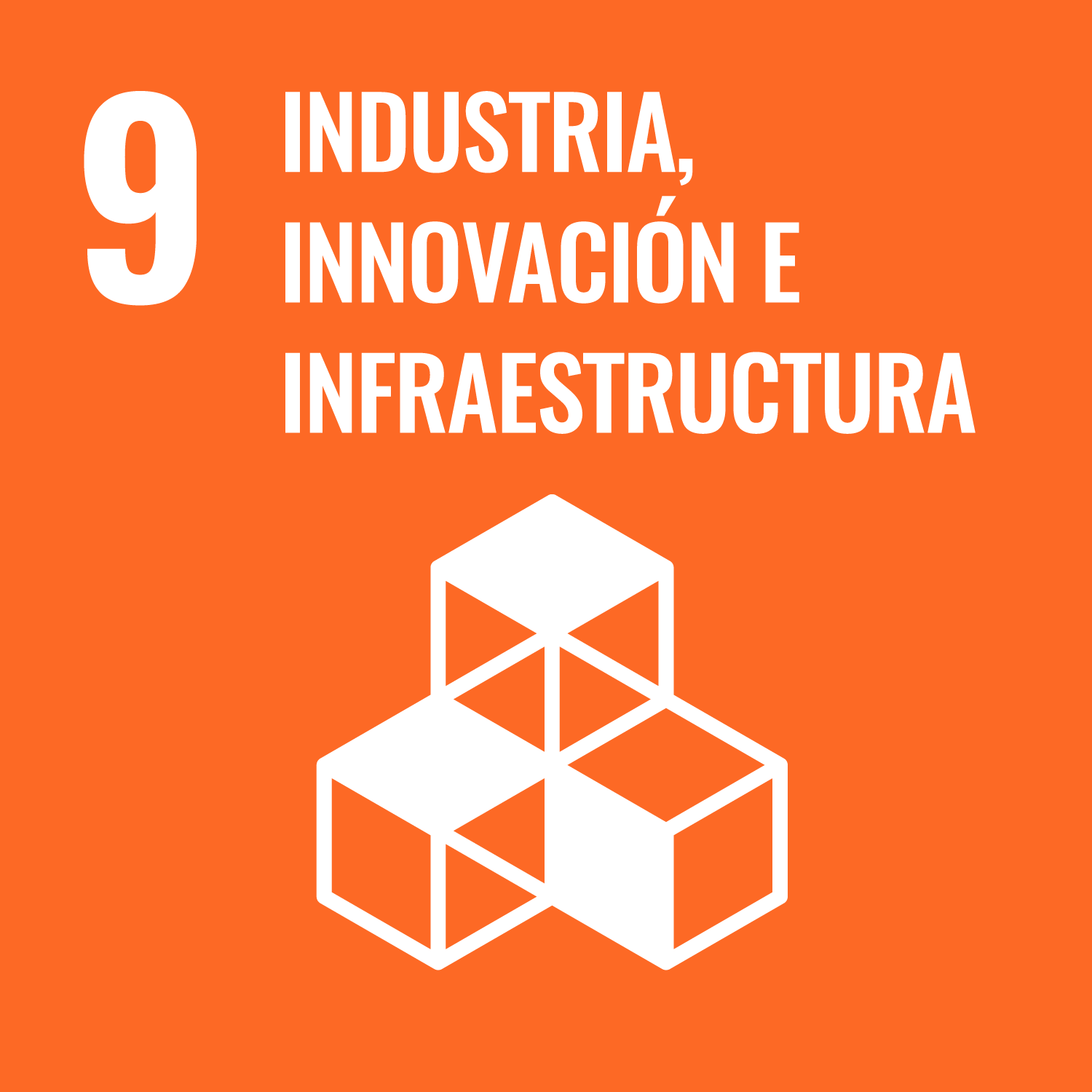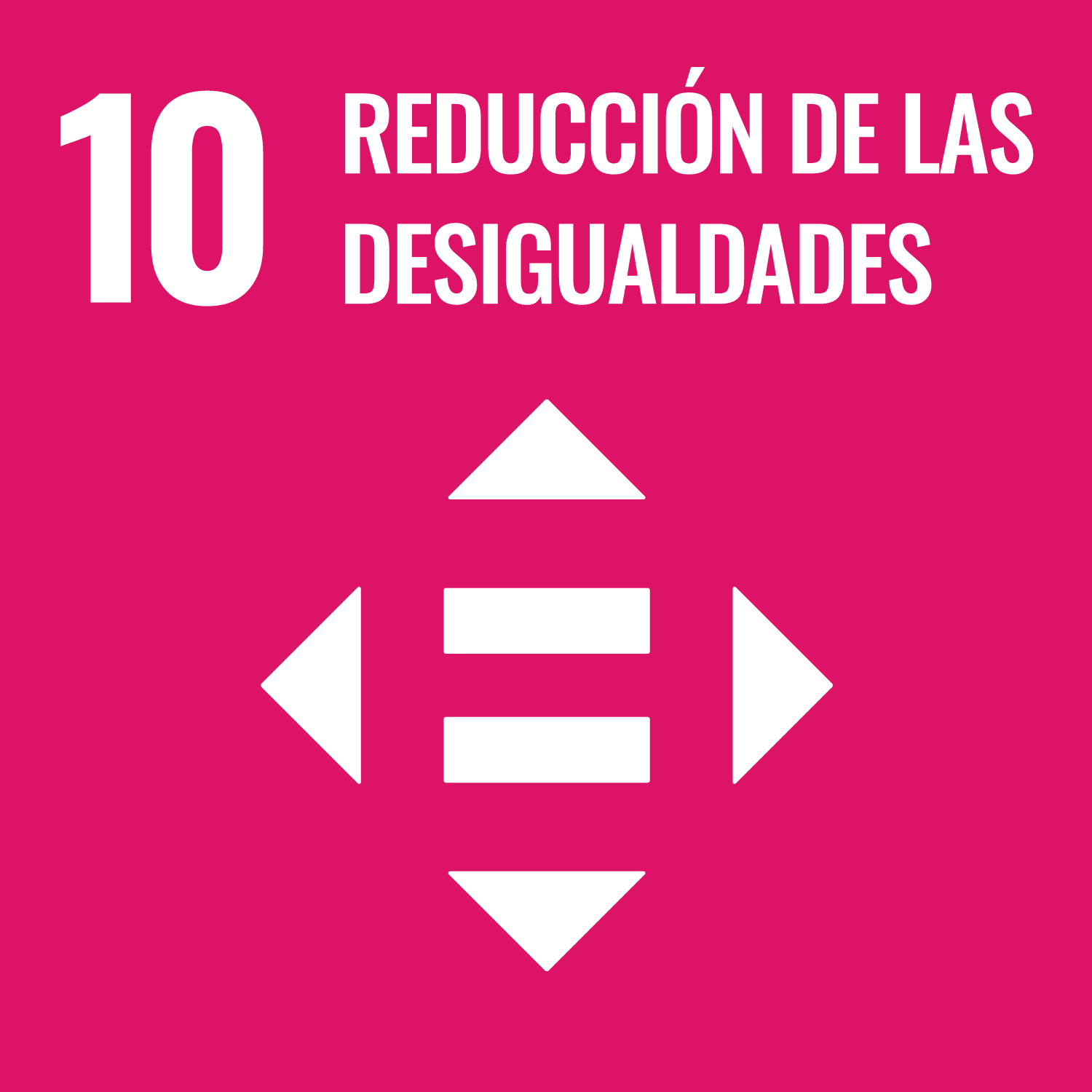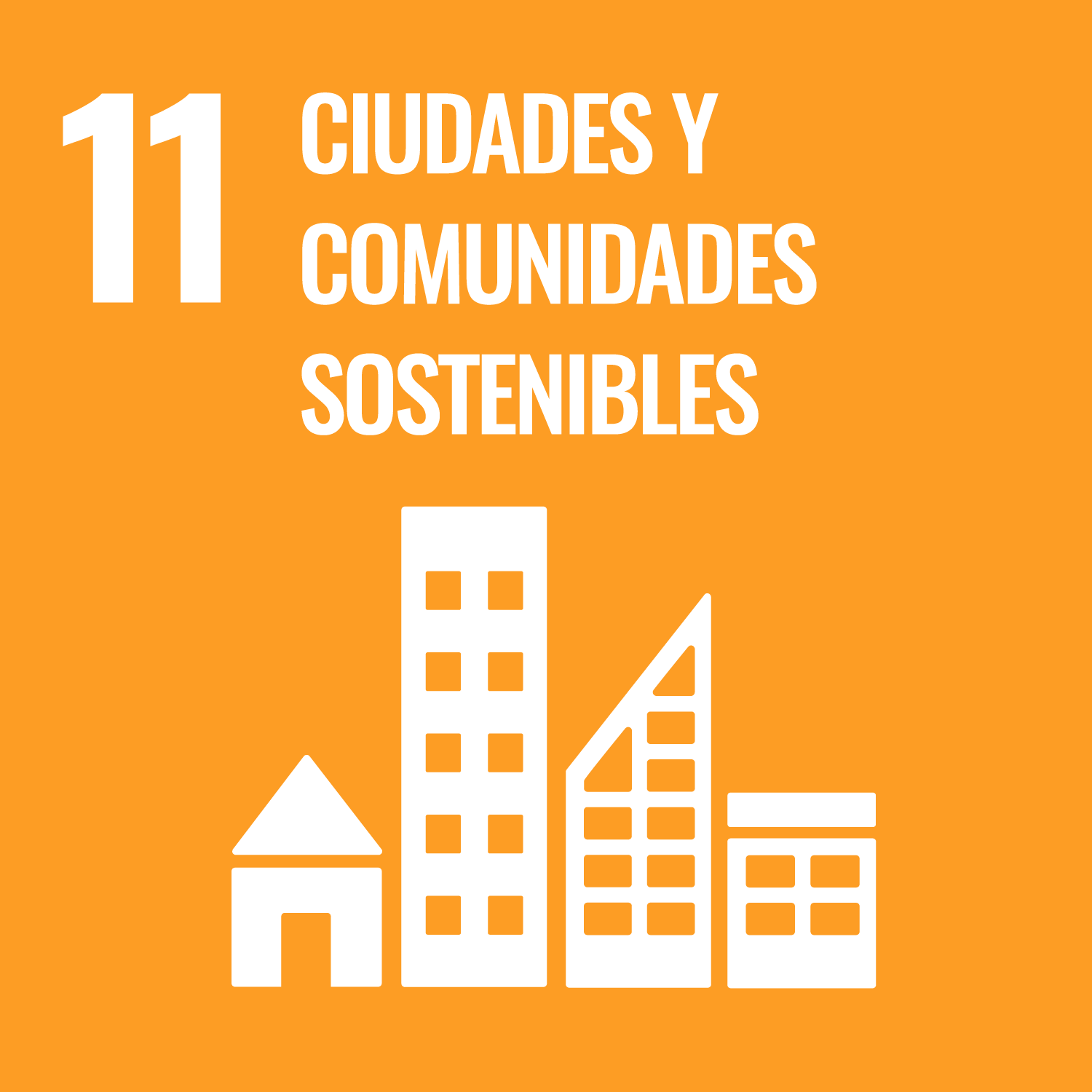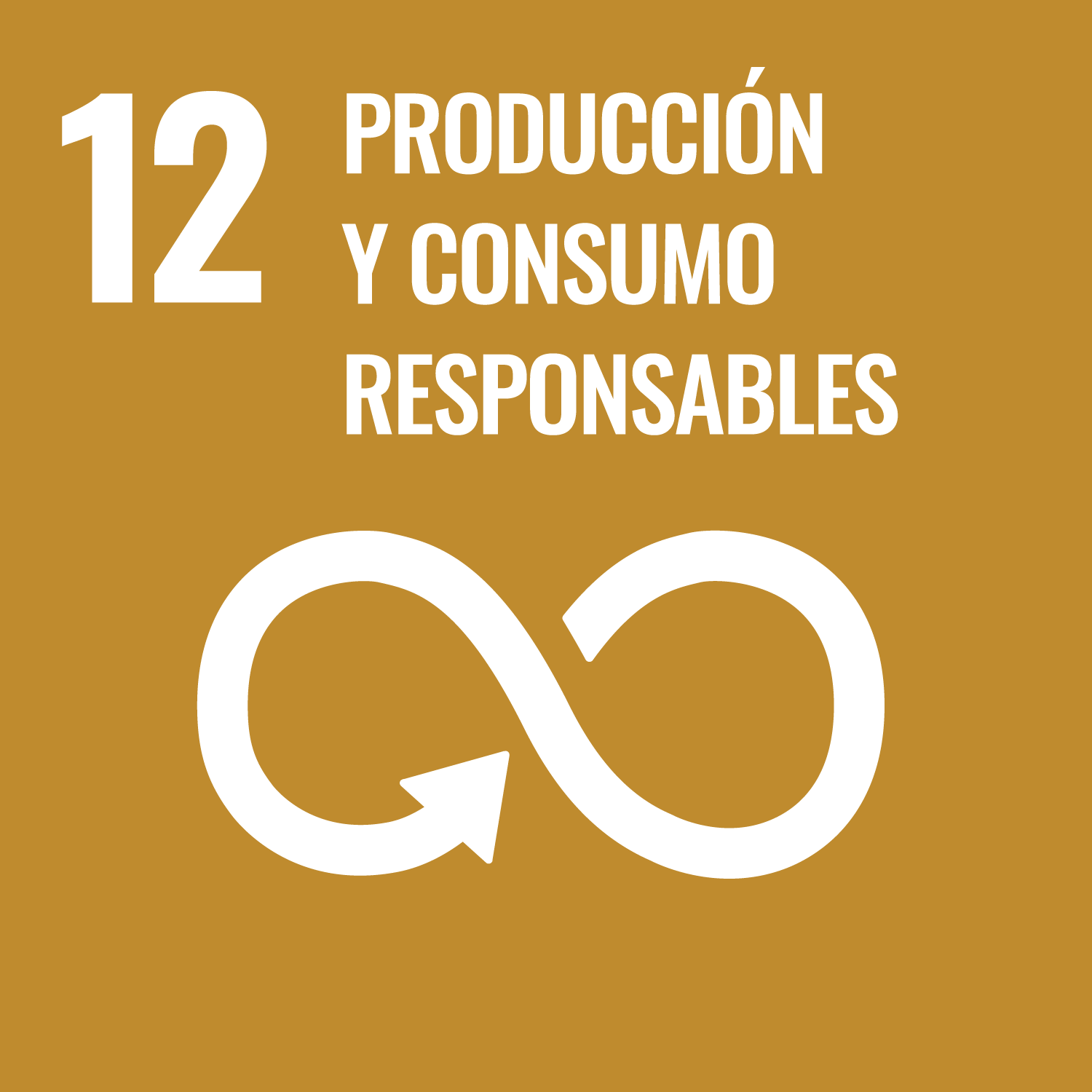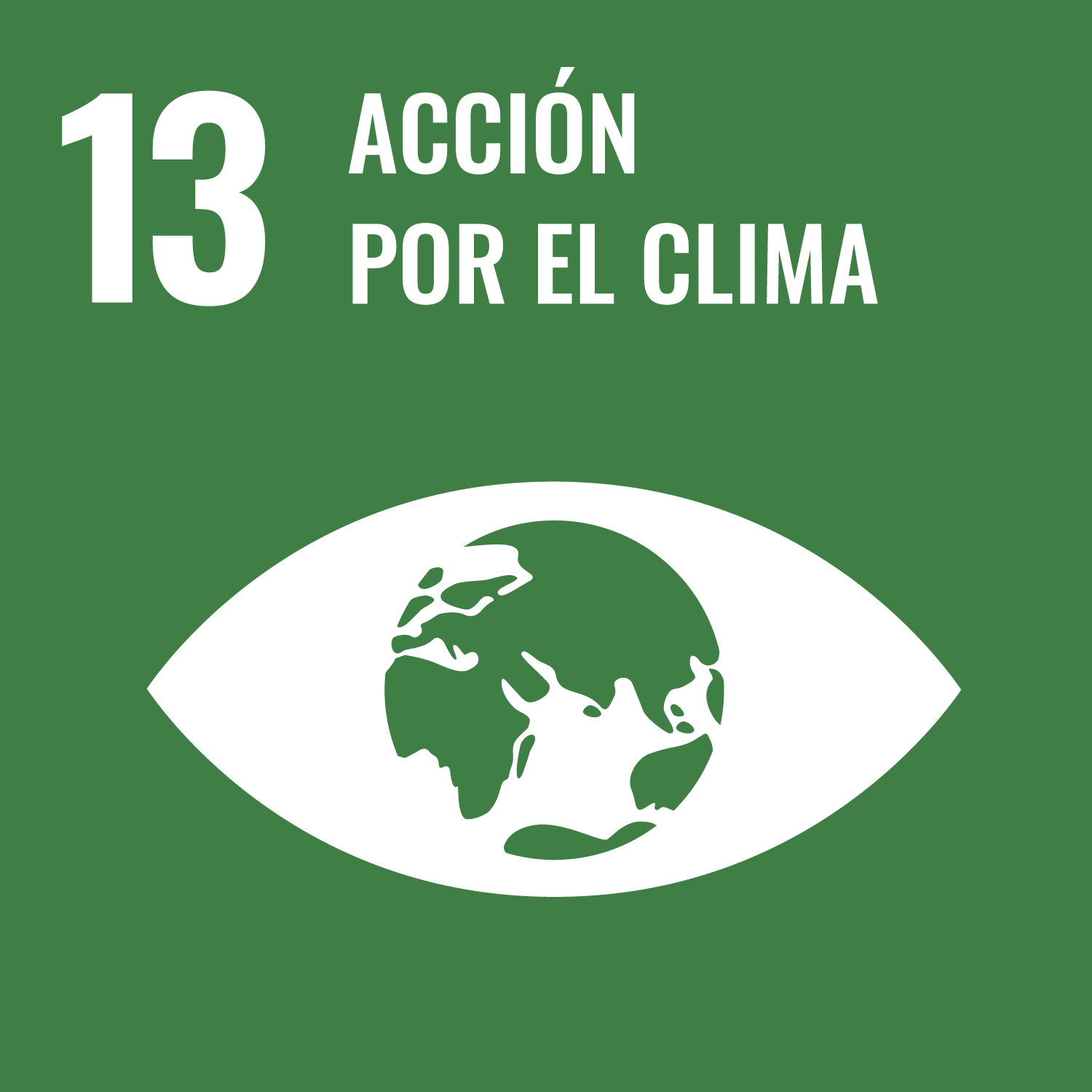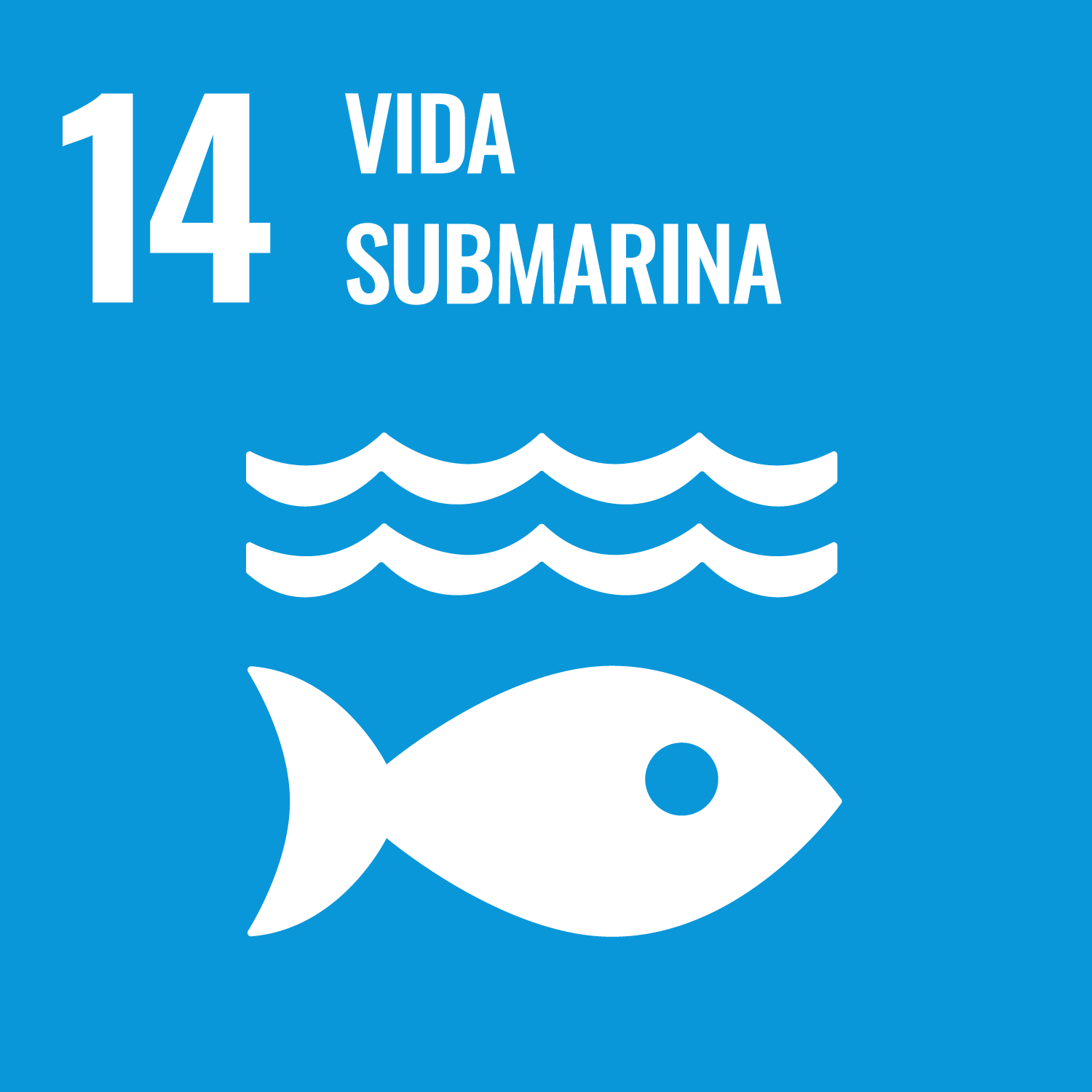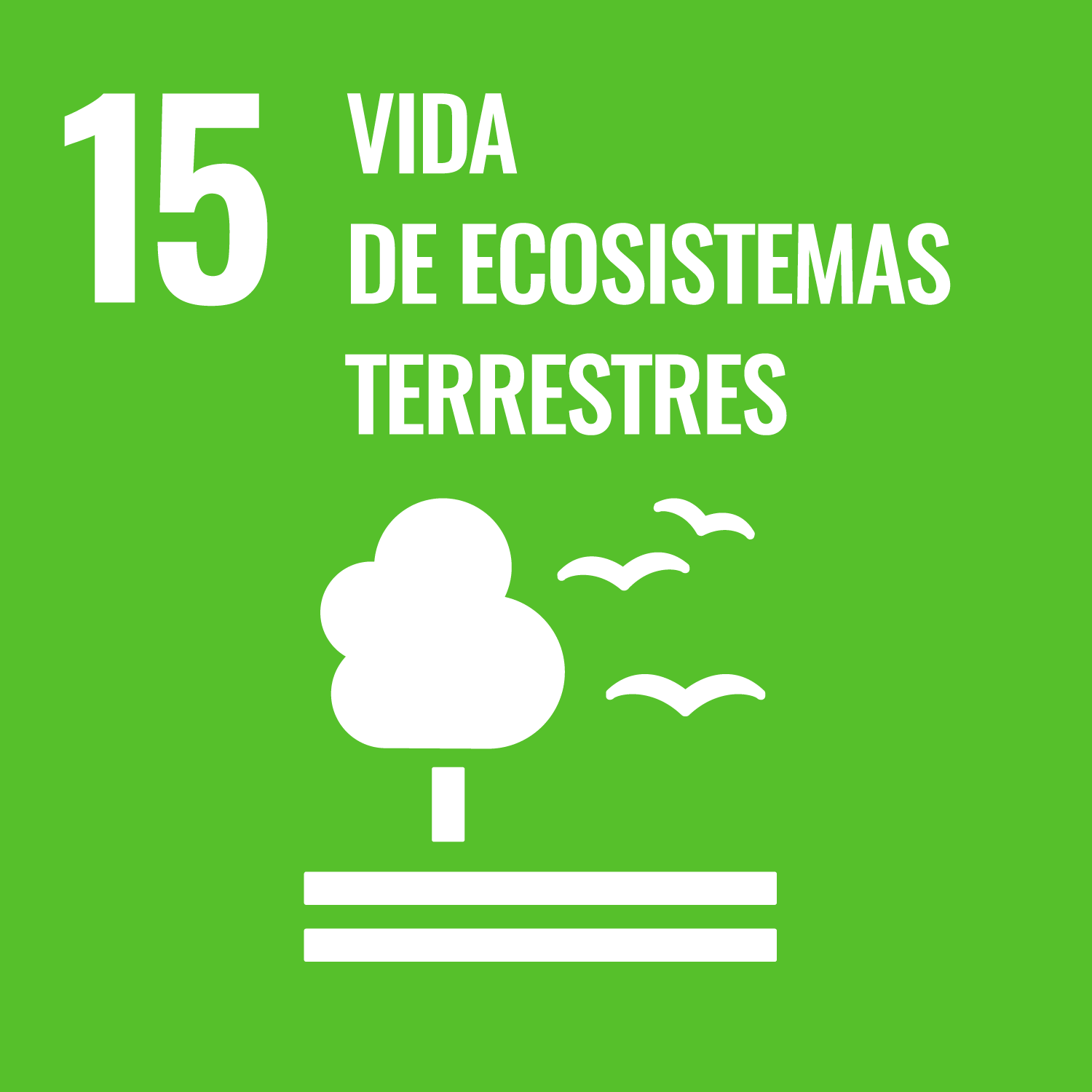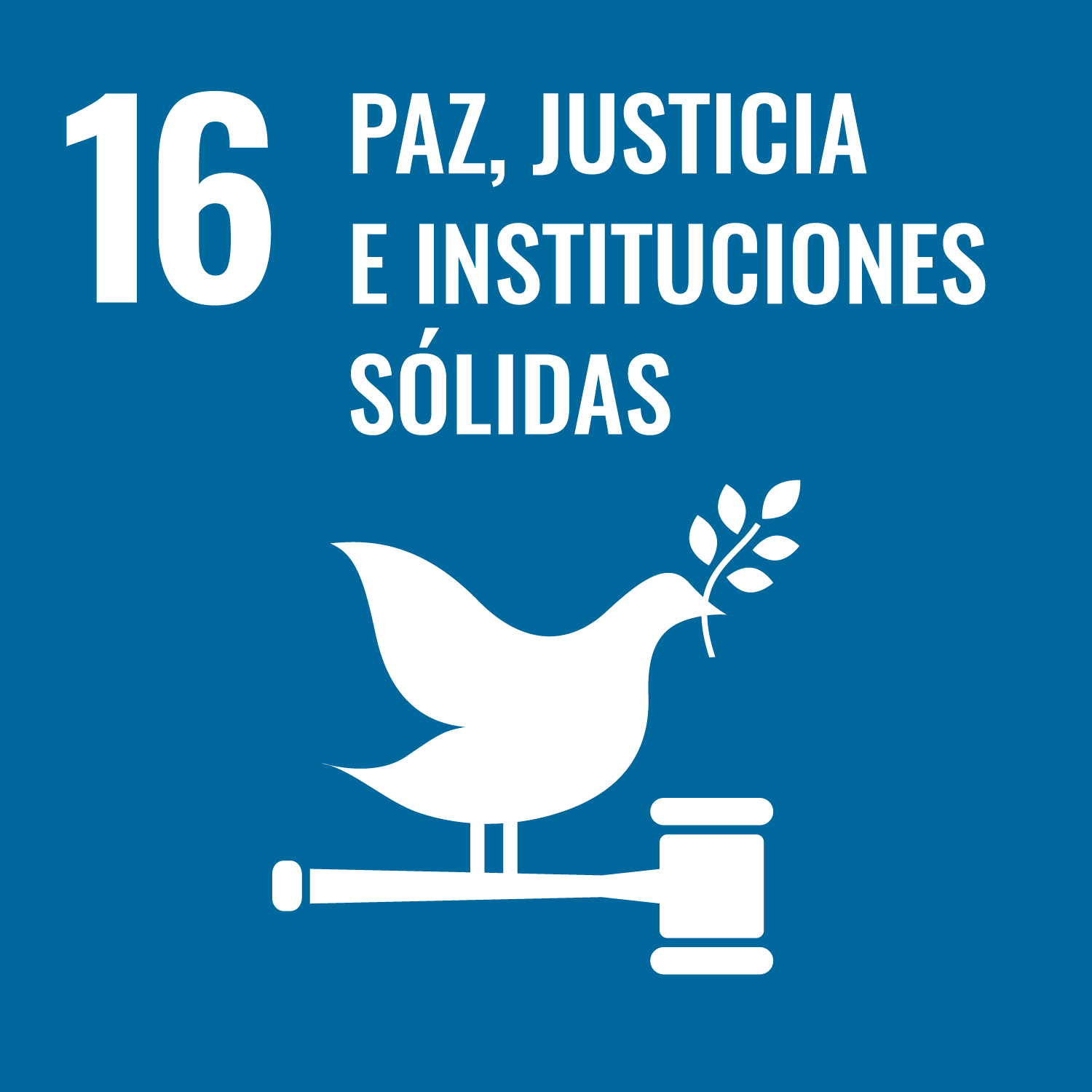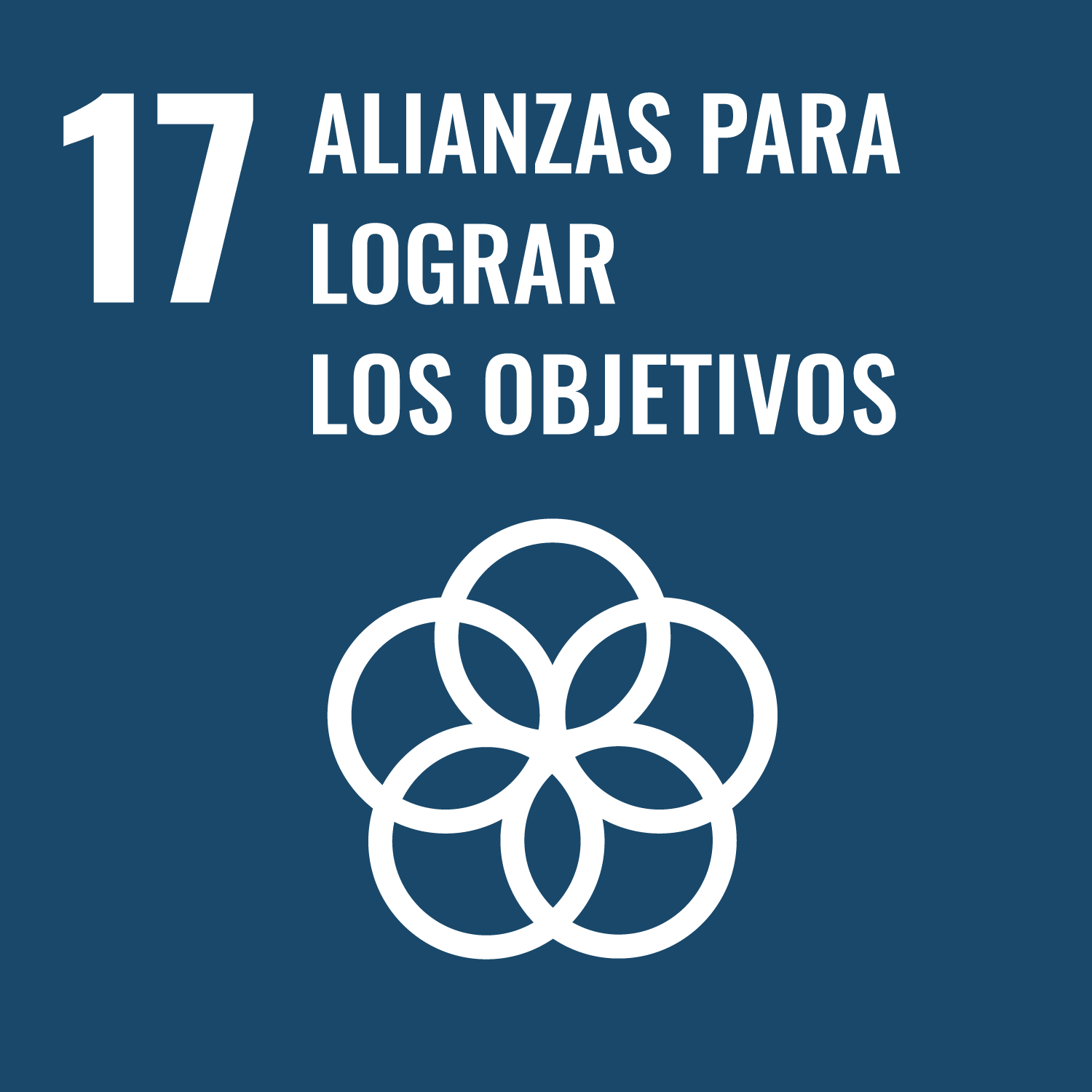With the virtual participation of Governor Rodolfo Suárez, the meeting was held in which the progress and results of the provincial strategy of the work carried out in the area of early childhood were presented. This is the first time that Mendoza has made this type of diagnosis, becoming the first province to put the issue on the agenda.
The project is part of an initiative of the Government of Mendoza and UNICEF Argentina, within the framework of the UN Interagency Program for Early Childhood and Comprehensive Care System.
Also participating in the meeting were the Minister of Health, Social Development and Sports, Ana María Nadal; the Undersecretary of Social Development, Alejandro Verón and the Director of Protection and Restitution of Rights (DGP), Daniela Torres Simionato. On behalf of UNICEF Argentina, Luisa Brumana; the deputy representative, Olga Izasa; the specialist in Social Inclusion, Sebastián Waisgrais; the Social Inclusion officer, Carolina Aullicino; the coordinator of the Early Childhood Interagency Program and the Comprehensive Care System, Adrián Rozengardt; and the person in charge of the Project in Provinces and Municipalities for UNICEF, Javier Quesada.
“Thanks to the team for the contribution they make in this joint work and that we are carrying out in Mendoza. I want to make a reflection in this sense, it goes without saying the importance of this approach for society, it is a public policy that we not only carry out but is also fully compatible with a vision that we have from the government,” indicated the Governor.
In addition, Rodolfo Suarez, stressed that “this approach is much more necessary in times of pandemic, and being able to carry it out is an effort and also a pride to achieve. We are very happy to be able to face this challenge.”
Daniela Torres explained that the initiative was carried out in a unified way with the provinces of Entre Ríos and Salta and highlighted the work carried out by those who participated in the table. In addition, he presented the diagnosis and the proposals that will be carried out in the next year.
For her part, Luisa Brumana thanked the government's commitment to putting early childhood on the agenda. Mendoza was the first province to join after the signing of an agreement in 2019. In this sense, he highlighted the progress made in defining comprehensive policies for early childhood, stating that "today we can see concrete results from the application of these policies."
The public policies that accompany this work
Referring to the part that falls to the provincial government, Suarez commented: “We accompany it with public policy, which has to do with the presence of the boys in schools because this work is a great complement to the classrooms, so we want to support presence at the primary and secondary levels.”
“We are convinced that the school especially in the initial and primary level of vulnerable sectors of society is a place of enormous containment. It has been proven and also Minister Nadal has been studying it that the contagion curves in Mendoza are lower than in other provinces where there is no presence and they affirm that they are places of ultra contagion,” Suarez exemplified.
The Governor took advantage of this example of public policy to affirm that, “in Mendoza the school is a place of contention and to this is added the meaning that education has for any individual. In Argentina, unlike developed countries, this process of exiting the pandemic will take time, but it has already started with vaccination.”
“The serious thing is that we had a year for the children in the homes and that today they are in the schools is the ideal complement to this work that is being done with UNICEF. I am very grateful for this synergy and I ask you to continue working in this regard. Here is the future and the results of this work will be fundamental for the development of society,” closed the Governor.
About the Provincial Early Childhood Plan
The Government of Mendoza, in conjunction with UNICEF, has deepened the Provincial Early Childhood Plan based on the design carried out in 2019, within the framework of the National Early Childhood First Strategy. In 2020 the Executive relaunched the Interministerial Table for Early Childhood.
For this, the areas of Health and Social Development, Education and Finance were summoned to systematize a diagnosis of the situation in Mendoza at the socio-demographic, institutional and programmatic level. In addition, the different priorities in the problems were established for each of the dimensions of the Provincial Strategy and the priority intervention lines were agreed.
This morning the progress and results of what has been done were shown after the arduous work that has been done together with UNICEF, within the framework of the UN interagency program for early childhood, which included four strategic axes: the relaunch of the Interministerial Roundtable Early Childhood; a provincial Training and Strengthening program for early childhood education and care providers; a Provincial Guide for Comprehensive Early Childhood Care, which orders and guides the action of the State in the prevention, promotion, protection and restitution of rights and; a Diagnostic Study that reflects the current state of the situation of child labor in early childhood, for the subsequent development of actions, preparation of protocols and provincial regulatory framework.
Progress and results:
Interministerial Table
- A framework of consensus, dialogue and construction was generated, reflecting the provincial government's commitment to these policies.
- The costing exercise was carried out that allowed incorporating the estimate of necessary resources in the 2021 budget to advance the goals proposed in provincial decree 2470/19.
- Likewise, progress was made in the evaluation of diagnostic baselines that allow redefining the goals for the 2021 period in the context of a pandemic.
- The process of analysis and transversal articulation allowed the visualization of problems that were not considered in a timely manner in the definition of goals contained in the provincial decree, thus carrying out a reformulation of them that led to their inclusion for the period 2021-2023.
Campaign on Good Parenting Practices
- A dissemination campaign on "Parenting Practice" was designed in line with the proposed lines of intervention, drawn up by the General Directorate of Protection - Directorate of Protection and Restitution of Rights of the Government of Mendoza in conjunction with UNICEF, and incorporates the new and rich INTERPROVINCIAL articulation with Salta and Entre Ríos.
Provincial Training and Strengthening Plan
- A Provincial Training and Strengthening Plan was implemented for providers of Early Childhood Education and Care Services.
Participants Year 2020
Total participants: 1,672
- Teachers-Assistants-Caregivers: monthly total: 370
- Executive cycle: total complete cycle: 1,302
This training is promoted in a special situation, for this it is essential to understand how the COVID-19 pandemic affects early childhood, this will give us the keys to be able to provide tools with which to manage the emotions that cause drastic changes in the life of little boys and girls.
Currently, teaching and non-teaching staff from the SEOS and CDIyF participate, and it is expected to continue in 2021 with:
- Training for the southern zone and Uco Valley
- Continuity plan for teaching and non-teaching staff who have completed the 2020 course
- Plan for management and coordination teams
In addition, the Training and Strengthening Program serves as a strategic platform to support the training goals of the different lines of intervention.
Comprehensive Early Childhood Care Guide
- A Provincial Guide for Comprehensive Early Childhood Care has been drawn up , which will serve as guidance for both state, provincial and municipal stakeholders, as well as civil society organizations regarding resources and methodological guidelines regarding the adequate care of children. Early childhood.
A web page is under development that will allow access to general and specific information in relation to Early Childhood: Social Atlas, Program Guide, Institutional Guide with references of functions, intervention and contact objectives, Social Organizations related to Early Childhood and Agenda of training, cultural and social activities related to the subject in permanent update.
Diagnostic Study on Child Labor in Mendoza
- A diagnostic investigation was carried out on Child Labor in the province of Mendoza, evaluating the level of impact that it has on the state of children's rights, and the influence exerted by public policies that contemplate the social dimension of said problem.
The distinctive approach lies in the visualization of the problem of Child Labor from the scope of Social Development in its integral dimension, in addition to the punitive aspect and control exercised by the Ministry of Labor.
The most significant results obtained are:
- Child Labor is not problematized as such from the areas of Social Development approach.
- Lack of registration and specific systematization of indicators related to Child Labor.
- Invisibility regarding informal child labor (street and survival strategies, garbage dumps, etc.).
- High impact of the Good Harvest Program on the conditions of children's rights in the context of Child Labor.
- Child labor is the symptom, the disease is the violation of rights mainly linked to precarious economic conditions.
Proposals
- Relaunch the Good Harvest Program and / or comprehensive family and community approach programs.
- Include registry indicators referring to child labor in detection tools in the areas of health, education and social development.
- Train and train human resources, define competencies and articulate with the comprehensive system of rights from the perspective of children in the context of work to social approaches.
- Carrying out awareness campaigns in relation to the situation of children's rights in the context of Child Labor.
- Articulation of territorial networks, defining protocols and regulatory frameworks that allow a comprehensive approach to Child Labor.
About the UN Interagency Program
The objective of the UN Interagency Program for early childhood is to collaborate in strengthening the comprehensive policy of early childhood care with a gender perspective, accompanying the fulfillment of the 2030 Agenda in a strategic and innovative way. It is implemented in Argentina through the United Nations Children's Fund (UNICEF), the Economic Commission for Latin America and the Caribbean (ECLAC), the International Labor Organization (ILO) and the United Nations Development Program (UNDP), in coordination with the Office of the Resident Coordinator.
The emphasis is on girls and boys with the lowest incomes and their families, particularly those who experience multiple factors of exclusion and discrimination (they live in rural areas, belong to indigenous communities, have a disability). It is an intersectoral and federal proposal, which seeks to introduce short, medium and long term transformations, in order to optimize public policies, procedures and governmental and civil society practices, from a rights perspective.


